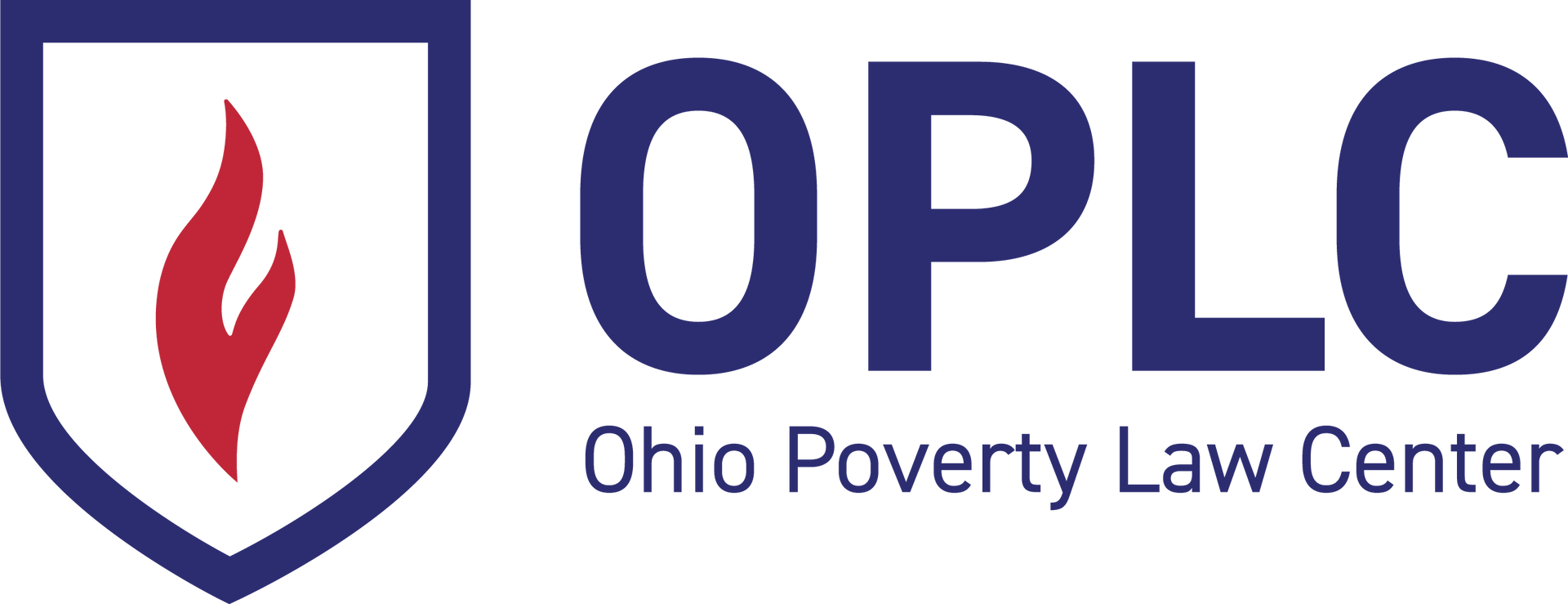OCTOBER 2020 NEWSLETTER
Proponents Share Importance of Occupational Licensing Reform For Ohioans with Criminal Records
House Bill 263, an occupational licensing reform bill that would remove barriers to occupational licensing for individuals with criminal records, had proponent testimony on September 23, 2020, in the Senate Transportation, Commerce and Workforce Committee. OPLC, the Legal Aid Society of Columbus, the ACLU, and Americans for Prosperity, among others, testified in support of the legislation that OPLC designated in January as a must-pass bill for 2020. In testimony, OPLC reminded lawmakers that more than 850 barriers to employment and occupational licensing for individuals with criminal convictions exist in law or administrative rules and recommended expanding the bill to address licensing renewals in addition to reforming the application criteria for initial licenses.
The testimony was well-received by Senators on the committee with many noting the broad support of the legislation by organizations who typically are on opposite sides of issues. The bill passed the House on June 9, 2020, with a vote of 90-1. OPLC will be working to ensure this priority legislation is passed before the end of this legislative session.
An Additional $650 Million in CARES Act Funding Directed to Local Governments
On October 1, 2020, Governor Mike DeWine signed House Bill 614 which allocates an additional $650 million of Coronavirus Relief Funds to local government jurisdictions including counties, cities, townships, and villages. The money, distributed on a per capita basis, is the last of three allocations of funds intended for local governments from the CARES Act approved by Congress in March 2020.
These resources can be used to support individuals and families who are experiencing loss of income or employment due to COVID-19. Allowable uses of these funds include rental and mortgage, utility, and food assistance. The money can also be used to support small businesses to maintain employees and meet health and safety standards.
Ohio Department of Medicaid Seeks Better Health Outcome through New Medicaid Managed Care Contract
On Wednesday, September 30, 2020, the Ohio Department of Medicaid (ODM) released its long-anticipated Request for Applications (RFA) for a revamped contract with managed care companies to cover three million Medicaid eligible Ohioans. More than 90 percent of Medicaid recipients receive their care through managed care companies and these new contracts will have a substantial impact on the quality of health services they receive. The last time Ohio re-bid its managed care contracts was in 2012.
ODM seeks to update its managed-care coverage with a focus on population health, meeting the needs of children with complex needs, and reducing administrative rules for patients and health-care providers.
ODM committed itself to six goals for the new contracts:
- Focus on the individual;
2. Improve individual and population wellness and health outcomes;
3. Create a personalized care experience;
4. Support providers in continuously improving care;
5. Improve care for children and adults with complex needs; and
6. Increase program transparency and accountability.
Ohio needs to do more to promote population health as a way to drive down costs and improve outcomes. This request for applications proposal goes a long way to ensure Ohioans, particularly kids, get a managed care program that is competitive, high quality, easier to use, and economically efficient.
Make Your Voice Heard
Key Election Dates:
Today! October 5: Deadline to register.
October 6: Early in-person voting begins. See this schedule for dates and times.
October 31: Deadline to request an absentee ballot (English and Spanish).
November 3: General election.
This election cycle, low-income voters are at especially high risk of disenfranchisement in the face of the pandemic. They tend to be among the most vulnerable populations, and legitimate fears of contracting and spreading COVID-19 could keep people away from the polls, especially on election day when the crowds are at their worst. Education about early in-person voting and absentee ballots is crucial to voter turnout in these communities.
Absentee voting is the term Ohio uses for any mail-in voting. All eligible voters are allowed to request an absentee ballot. This year absentee ballots are especially popular for those with COVID-19 risk factors looking to avoid crowds at the polls, which is a legitimate reason to request an absentee ballot.
